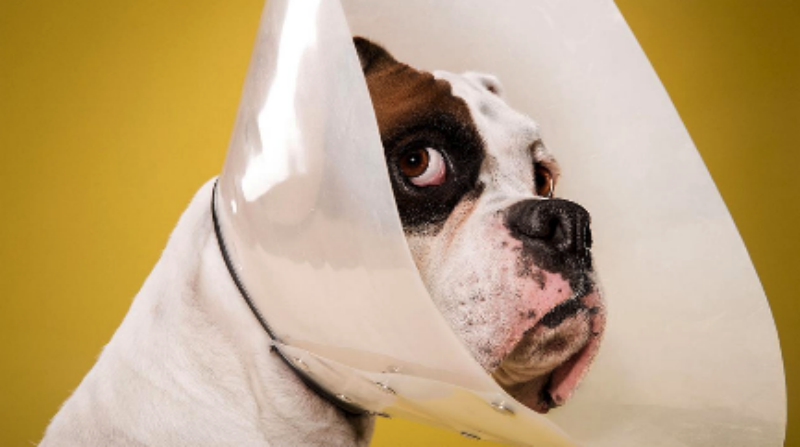Here are a few reasons to Spay/Neuter Your Pet:
1.No puppies/kittens
The first obvious reason to spay/neuter your pet is to stop them from reproducing. An accidental litter of puppies or kittens is a huge responsibility, and the cost of care adds up quickly. There is also no evidence showing any health benefits from allowing cats and dogs to experience having a litter before being spayed. Furthermore, eliminating the ability to have puppies/kittens helps with the severe overpopulation issue that our shelters and rescues are currently faced with. Less pregnant dogs and cats mean more homes available for the animals, both young and old, that are already waiting to be rescued.
2. Female health risks
Unspayed female cats and dogs are at risk of uterine infections, uterine/ovarian cancers, and many other reproductive diseases. There is also almost no chance of mammary tumours if your pet is spayed before her first heat. However, if your pet is spayed after her second heat, the surgery will offer no protection from mammary tumours. This is why your veterinarian encourages you to spay at the appropriate ages for species, breed and size.
3. Male health risks
Male cats and dogs that are not neutered are also at risk for various reproductive diseases, such as testicular cancer. It is also very common for unaltered males to have prostate issues, such as enlargement or infections. This risk is much lower in males that were neutered at the appropriate young age because the lack of testosterone doesn’t allow the prostate to grow fully.
4. No “In-Heat” Symptoms
Because your spayed female will not go into heat, you won’t see any of the associated behaviours and symptoms, such as a swollen vulva, bleeding or discharge, frequent urination, and vocalizing.
5. Intact Male Behaviors
There are also behaviours that neutering male cats and dogs can help eliminate, such as marking territory, roaming, mounting other animals/objects, and some aggressive behaviours. However, it is important to note that if neutered at a late age, these behaviours are already learned and may not go away after surgery.
Written by Stephanie, RVT




